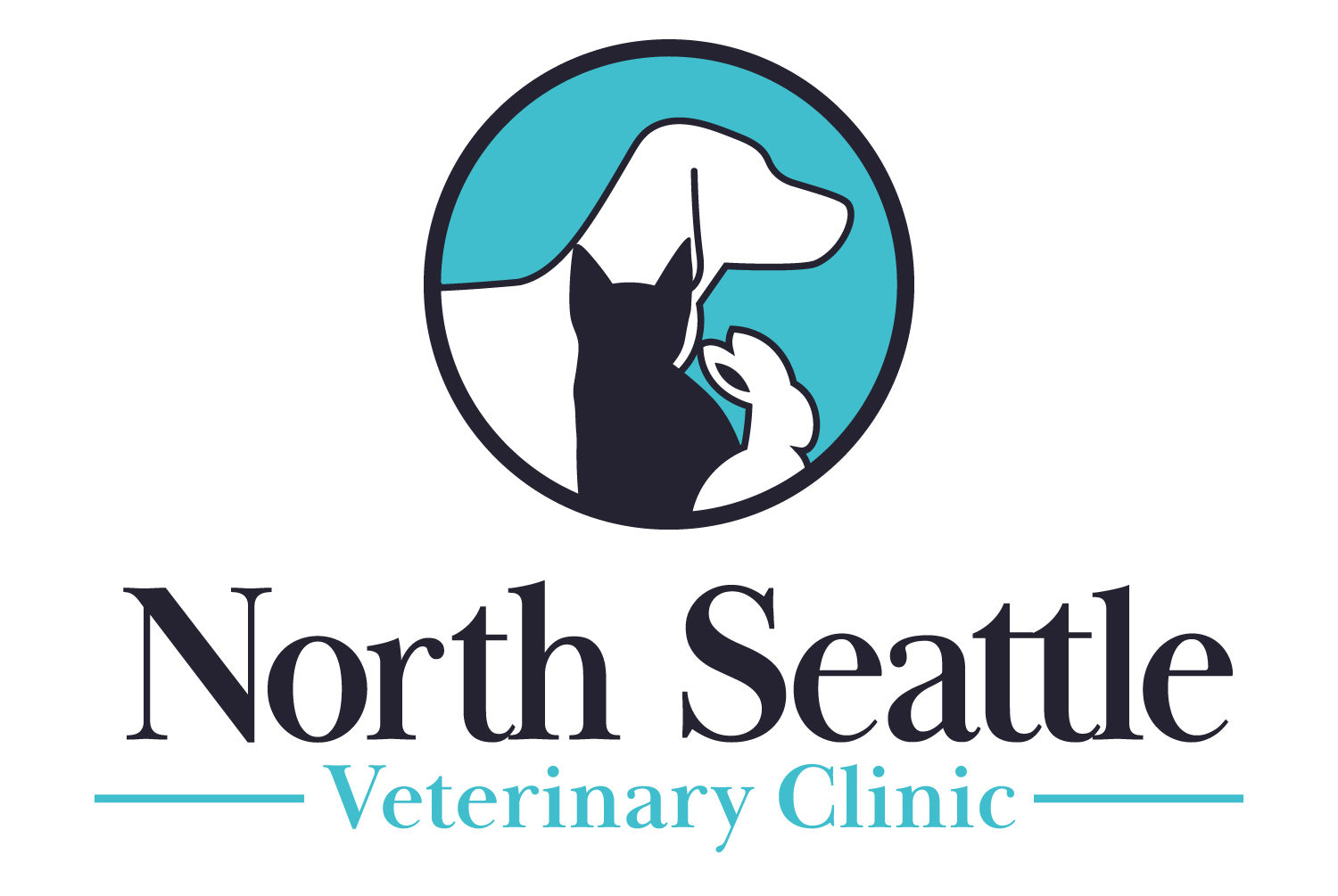Pet Parasite Prevention
Certain intestinal parasites, such as roundworms, are often found in puppies and kittens, who contract them from their mothers.

Pet Parasite Prevention at North Seattle Veterinary Clinic
At North Seattle Veterinary Clinic, our veterinarians are here to help. We treat your pets just as if they were our own. This is why we recommend year-round parasite prevention and annual intestinal parasite screenings.
The idea of your pet being infested with parasites is a disturbing thought. Still, it’s also a medical issue that can have severe consequences if not adequately dealt with or prevented. Parasites pose various health issues for our pets, which can be very susceptible to certain parasites depending on age, region, and other factors.
Fleas and Ticks
Fleas and ticks are the most common type of parasites for dogs and cats. These parasites naturally live in most outdoor areas, and they use the dog or cat as a host for a food supply by biting the animal and drinking its blood. Fleas and ticks can be incredibly problematic when they are present in large numbers, but these are the easiest pests to treat with proper veterinary care.
Roundworms
Both dogs and cats can get roundworms. These parasites live in the intestines and feed off of the contents found inside. Unfortunately, if roundworms are present, they can steal the pet’s food’s nutrition before it is fully absorbed by the animal’s body, leading to malnutrition. There are a few different types of roundworms, such as hookworms, but each can pose a similar threat to your pet.
Heartworms
Heartworms can affect most mammals, and if left untreated, the condition can lead to heart failure. These parasites are tiny and thin-like threads, so they can freely pass through the bloodstream and get into the cardiovascular system. In the early stages of a heartworm infestation, a dog or cat may have a swollen belly, a slight cough, decreased appetite, and unexplained weight loss.
Tapeworms
Tapeworms are most often picked up by a dog or cat that eats or drinks something already contaminated, and tapeworms can even be passed on to humans. These long worms live in an animal’s intestines and consume the food that comes through, which means the host does not get the proper nutrition. Weight loss is the number one sign that your pet has tapeworms. Treatment for tapeworms requires a visit to the local animal hospital by a veterinarian.

Our goal is to provide the best possible care and education so that your furry loved ones may enjoy a long happy life with you.
We consider you and your pets family and look forward to meeting you.
